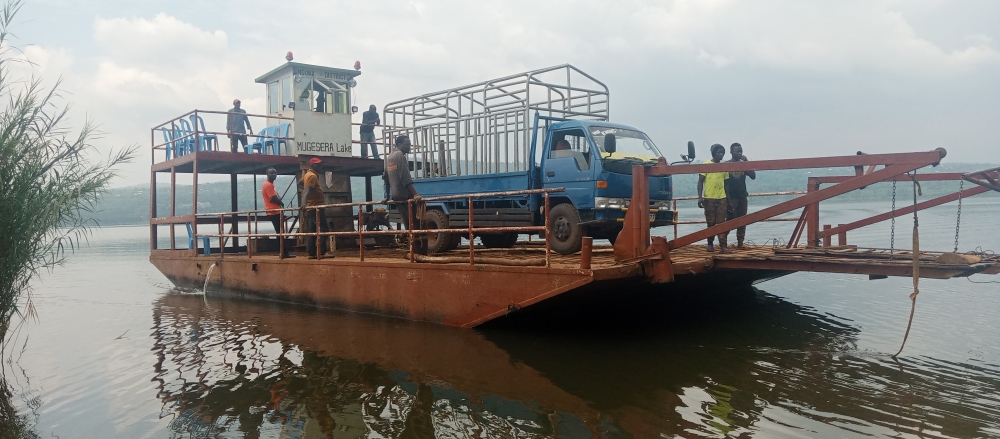

Pineapple farmers in Ngoma district are optimistic about the availability of a ready market for their produce after a ferry in their area resumed operation.
Accessing a wider market in Rwamagana and Kigali from Ngoma through Mugesera, required crossing Mugesera Lake - this being the shortest and lowest cost means of transport pineapple farmers use to access markets in their region.


Farmers in the district have told The New Times that transporting the produce was not possible a few months ago as the only ferry that carried passengers and cargo stopped functioning due to technical issues. This caused post harvest losses to many farmers.
"From the last two seasons prior to this one, I can estimate that I losofa third of my pineapple produce. The few I could sell were so cheap given that most of us had no means of transporting it to markets in Rwamagana and Kigali. But now I am motivated to even plant more pineapples because am not worried of how to transport the produce," said Beatha Mukaruziga.


Arriving at the shores of lake Mugesera, The New Times observed that a ferry had just returned from Rwamagana. On board was a cargo truck heading to Ngoma district to collect different agricultural products. Jean de Dieu Banzekunyurwa had been waiting for the ferry to return so that he boards along with his wife. They were heading to Kigali for New Year celebrations with his extended family.
Banzekunyurwa affirmed the importance of the ferry resuming its regular trips.
He said: "Every person who uses this lake as means of transport was worried because of the stranded ferry that could not help us. We thank officials who helped us access this ferry because we no longer spend a lot of money going to Kigali and Rwamagana. The crossing takes not more than 10 to 15 minutes but normal travels to the same areas using road transport could takes hours and hours.
"That goes with transport expenses too; we just pray the ferry never stops operating again because it has helped us a lot."
Before the maintenance of the ferry, area residents noted, the numbers of people crossing had significantly reduced. Many people feared drowning when using the poor quality wood boats that were being used for transportation.
Epiphanie Nyampundu told The New Times that she crossed once using these small wood boats but decided to never use them again as she "narrowly survived" death.
"The weather was not favourable, the lake changed and there came a huge wave. It hit the wood boat hard but, luckily, we reached the shores. I have since then decided to never cross the lake in wood boats until the big ferry starts operation. It is now my fifth time crossing the lake since the terrifying incident, thanks to the ferry that eased everything."
Optimism, future investments
A rising investment hub, Ngoma District is thriving. Water transport will play an important role in this as the district has a couple of lakes including Mugesera and Sake, said Nathalie Niyonagira, the District’s Mayor.
Niyonagira said different investments are being established in the district. They include agro processing industries, hospitality investments like mountain lodges, research centres and others. All these will require infrastructure such as means of transport like the ferry.
She said: "The ferry helps our people to transport their produce to other regions. We are also attracting more investments as the district has a variety of opportunities. Access to infrastructure is a key factor to this and that’s why we partnered with an entrepreneur to maintain the ferry."


